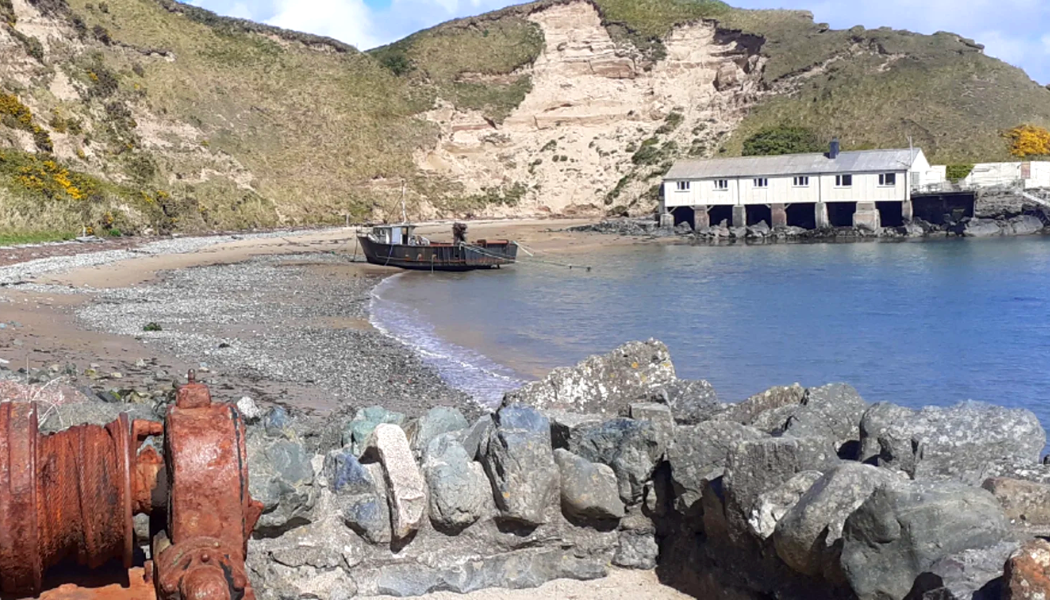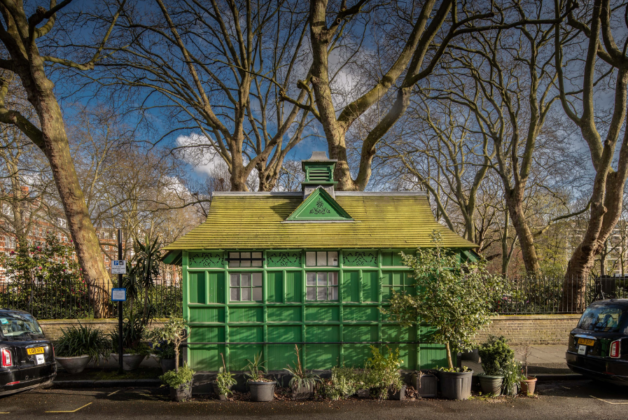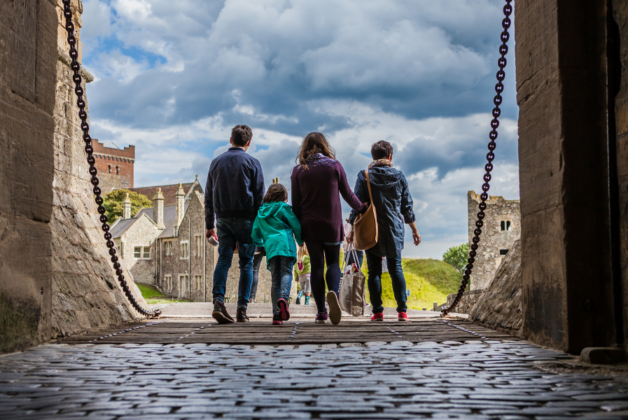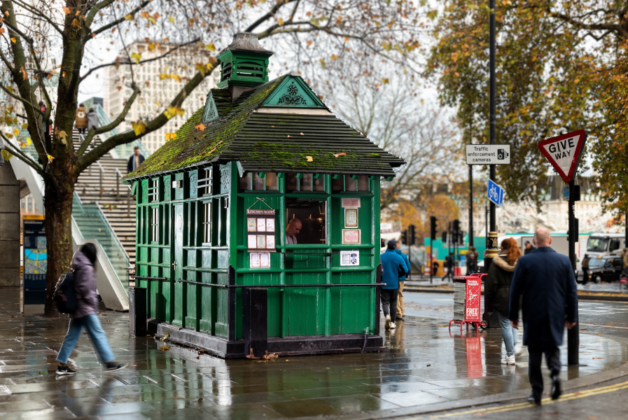Cadw, Department for Communities, English Heritage, Historic Environment Scotland, Historic England, National Trust and National Trust for Scotland will pool research and expertise on the climate challenges faced at heritage sites.
Seven major UK organisations have announced a partnership to share expertise and tackle the impact of climate change on historical sites and cultural heritage.
The new UK Heritage Adaptation Partnership will see Cadw, Department for Communities, English Heritage, Historic Environment Scotland, Historic England, National Trust and National Trust for Scotland collectively represent the four nations.
The partnership will explore critical environmental issues facing historic sites, and methods which will allow collections to adapt to the increasing frequency and intensity of climate hazards such as extreme flooding and heat, building the resilience of our historic environment.
Dr Ingrid Samuel, Heritage & Placemaking Director at the National Trust said; “Until now heritage organisations have used different methods to address similar questions about understanding the risk presented by our changing climate. By working together we can look at putting in place a more consistent approach so that we make relevant comparisons and then adapt our approach as needed.”
Over the next two years, the group aims to:
- Develop a consistent baseline of climate hazard metrics for the heritage sector
- Create a shared understanding of site ‘vulnerability’
- Develop an approach for assessing climate risk on heritage assets
- Create a shared understanding of different adaptation options and pathways
- Identify and invest in areas of research to develop understanding around the impacts of certain climate hazards on heritage assets
- Communicate research and resources to the wider heritage sector and other relevant communities of interest
As Gwilym Hughes, Head of Cadw, explains; “Together we will be able to identify the impact of individual climate hazards on our buildings, archaeology, landscapes and places, and how these may be adapted to keep what is special about them from being lost to climate stresses. This may involve testing ideas that jar with traditional conservation principles – adaptation is very much an exploratory space and we are dealing with a world of uncertainty in terms of both the climate, and the impact on the places and sites we love and enjoy.”
Ewan Hyslop, Head of Research and Climate Change at Historic Environment Scotland (HES), added “Climate change is one of the most significant challenges for the management of the historic environment locally, nationally and internationally, and the resilience of these historic places has a significant role to play in supporting climate action and achieving net-zero targets.
“This new partnership of UK heritage organisations will enable us to work together more effectively to respond to the shared challenges of climate change for the benefit of heritage across the UK.”





